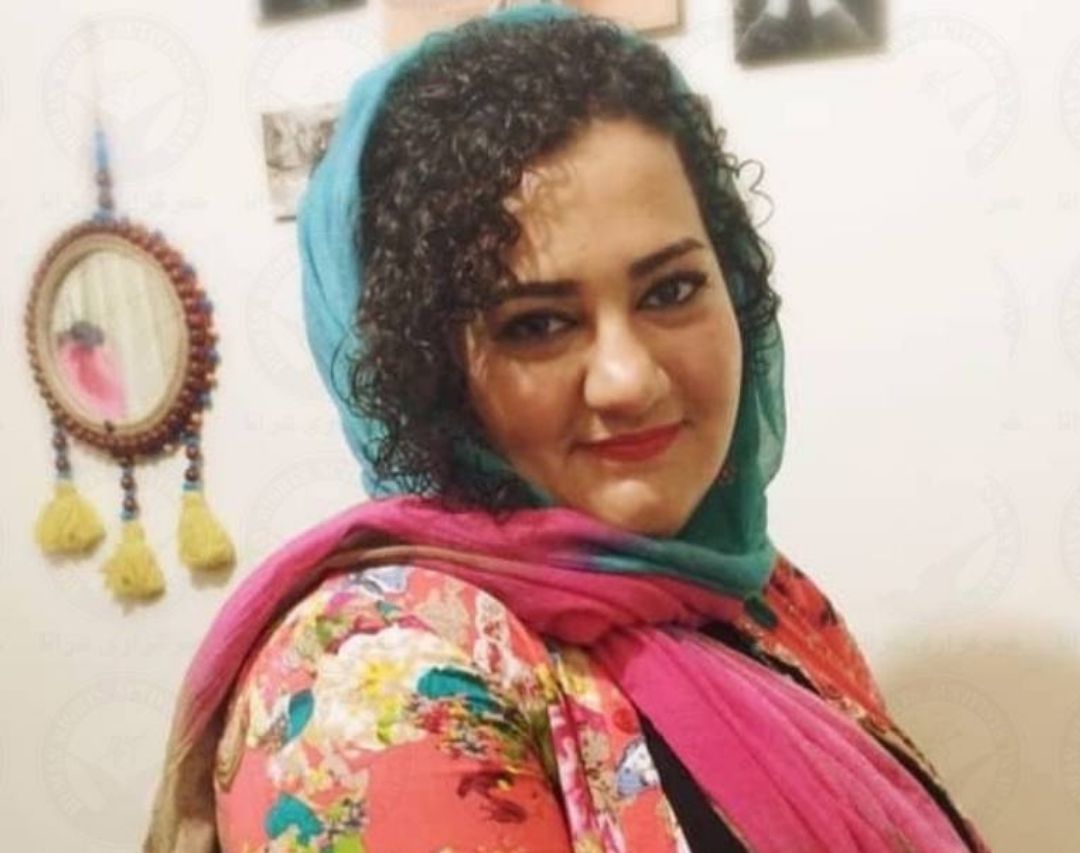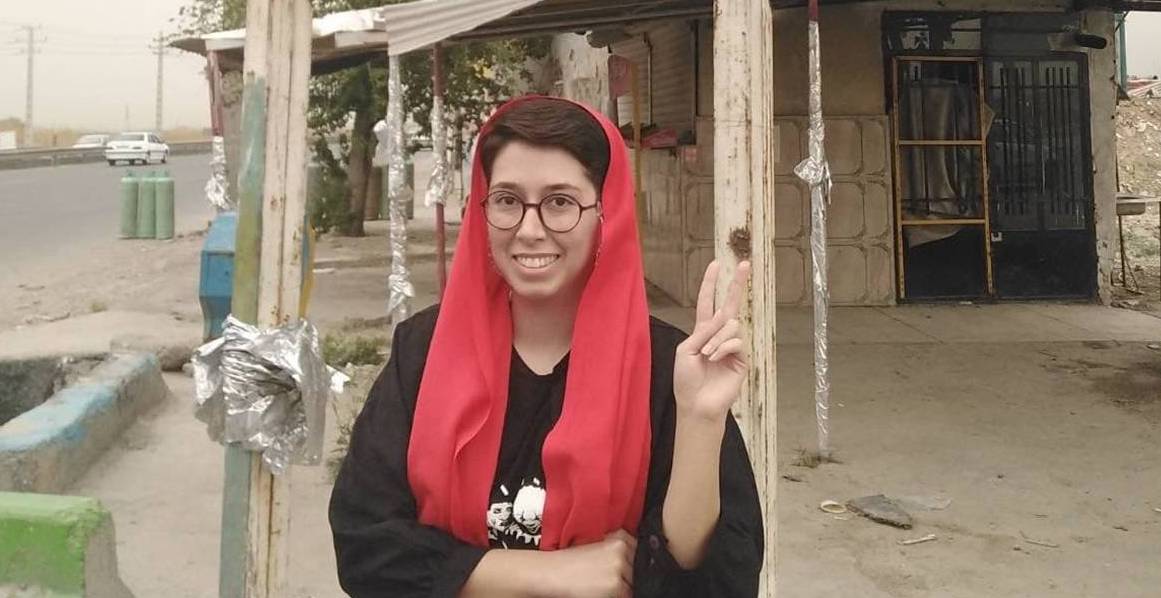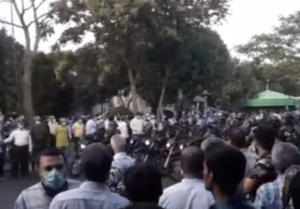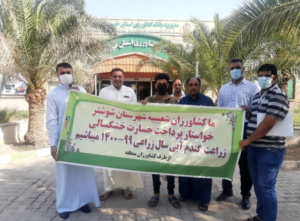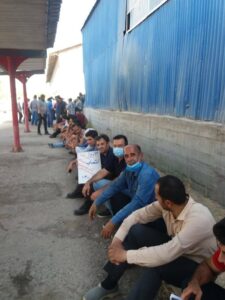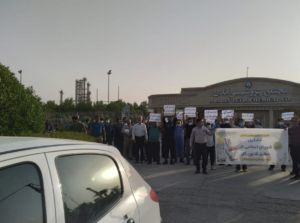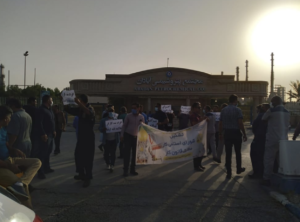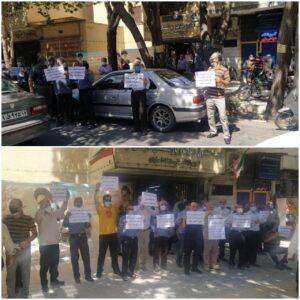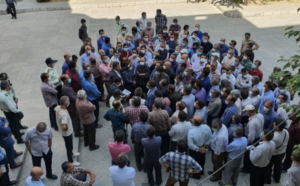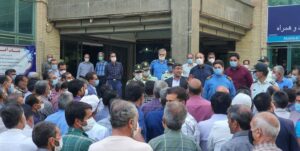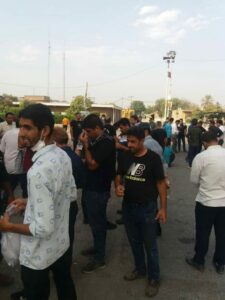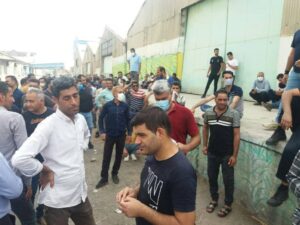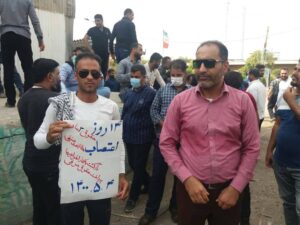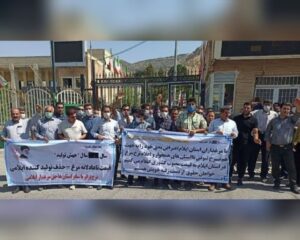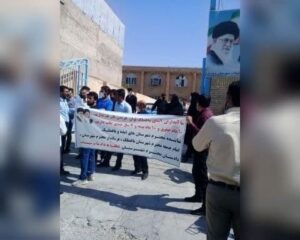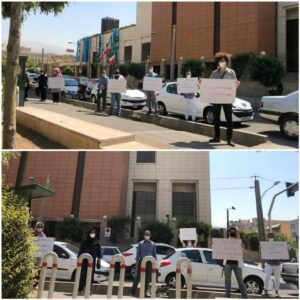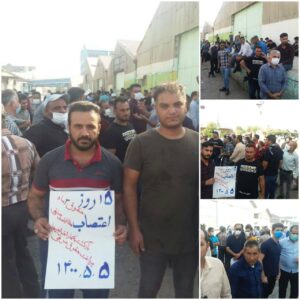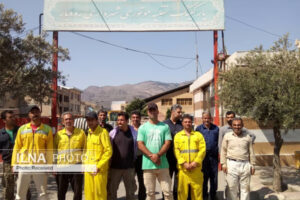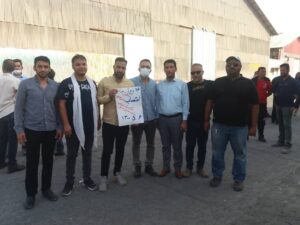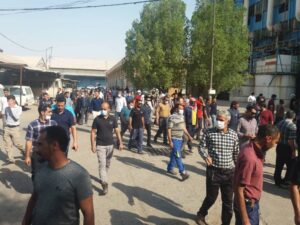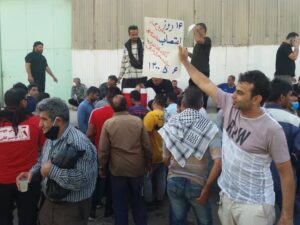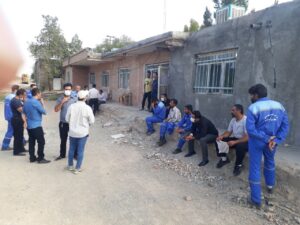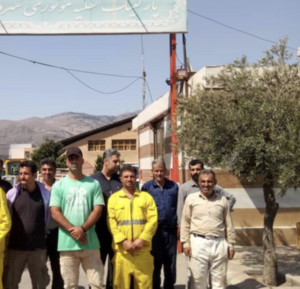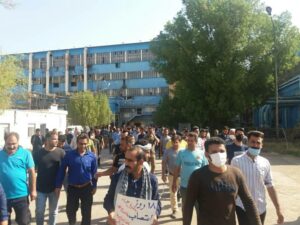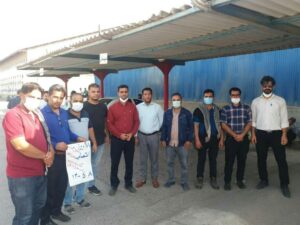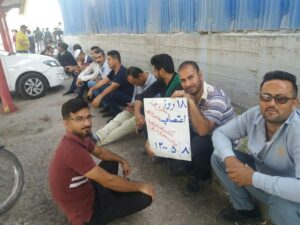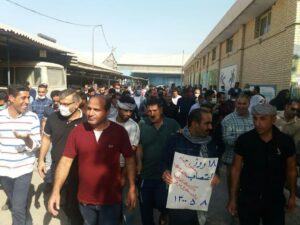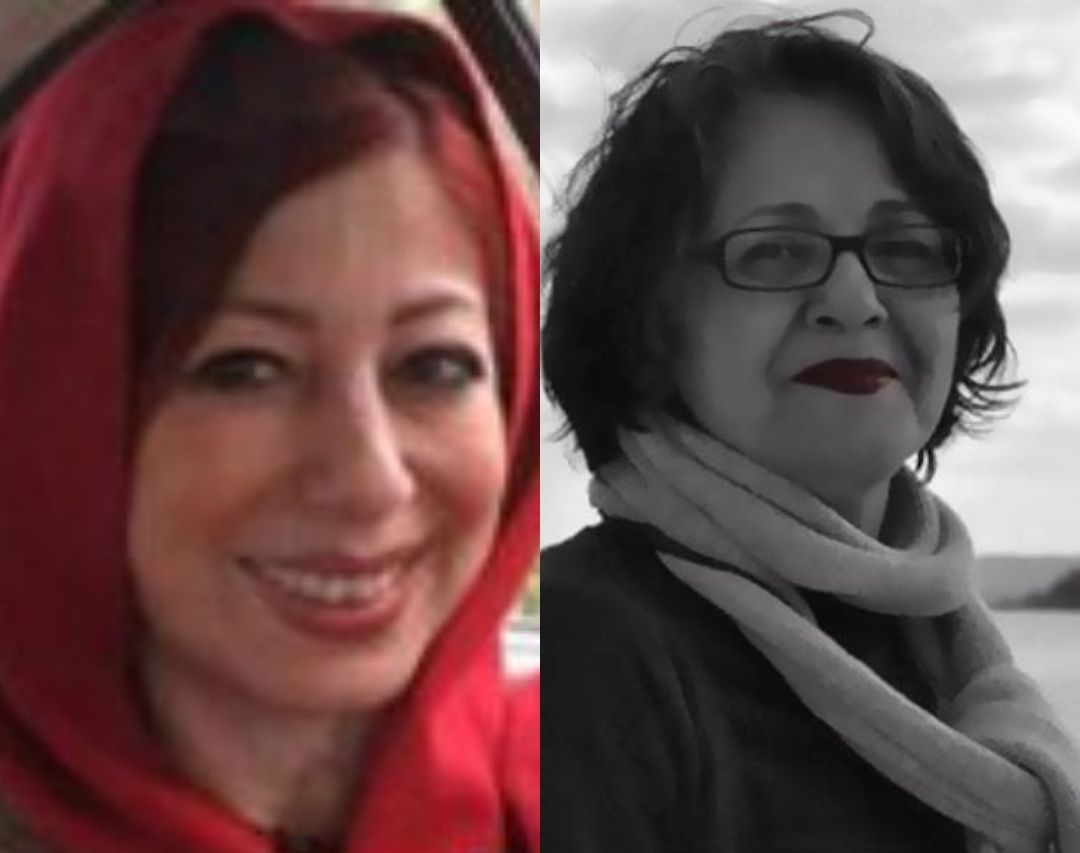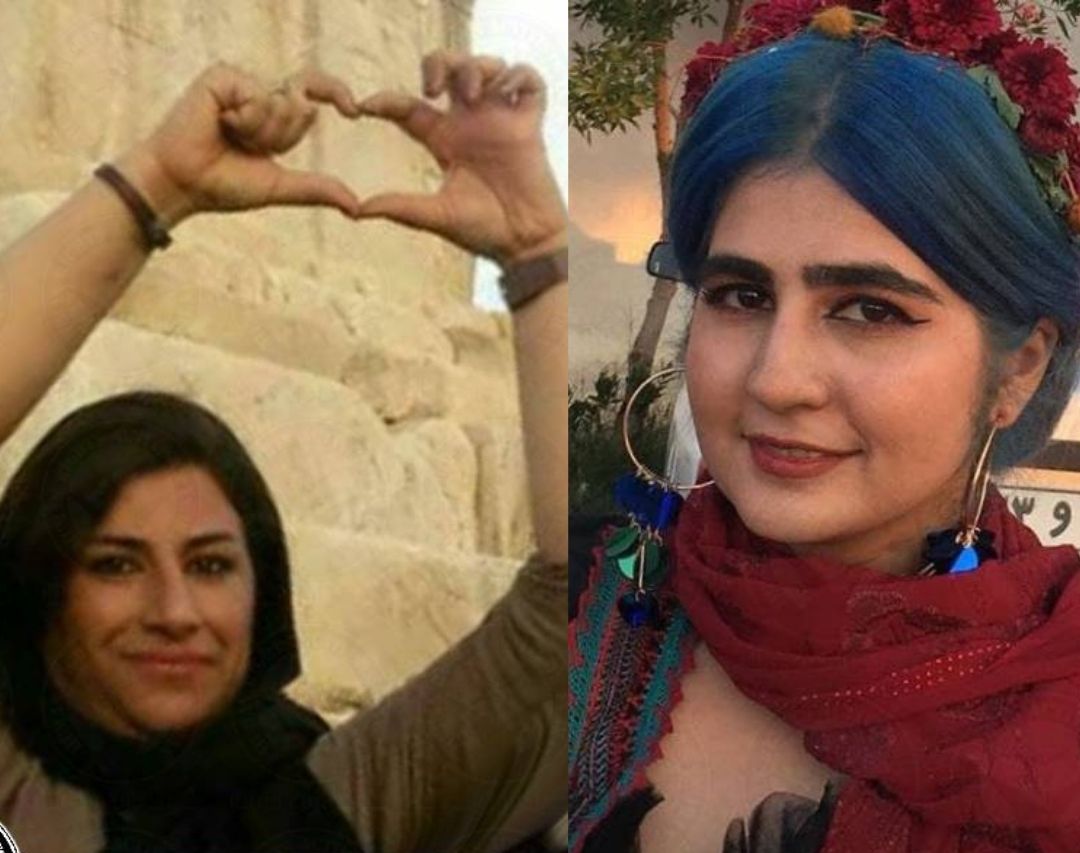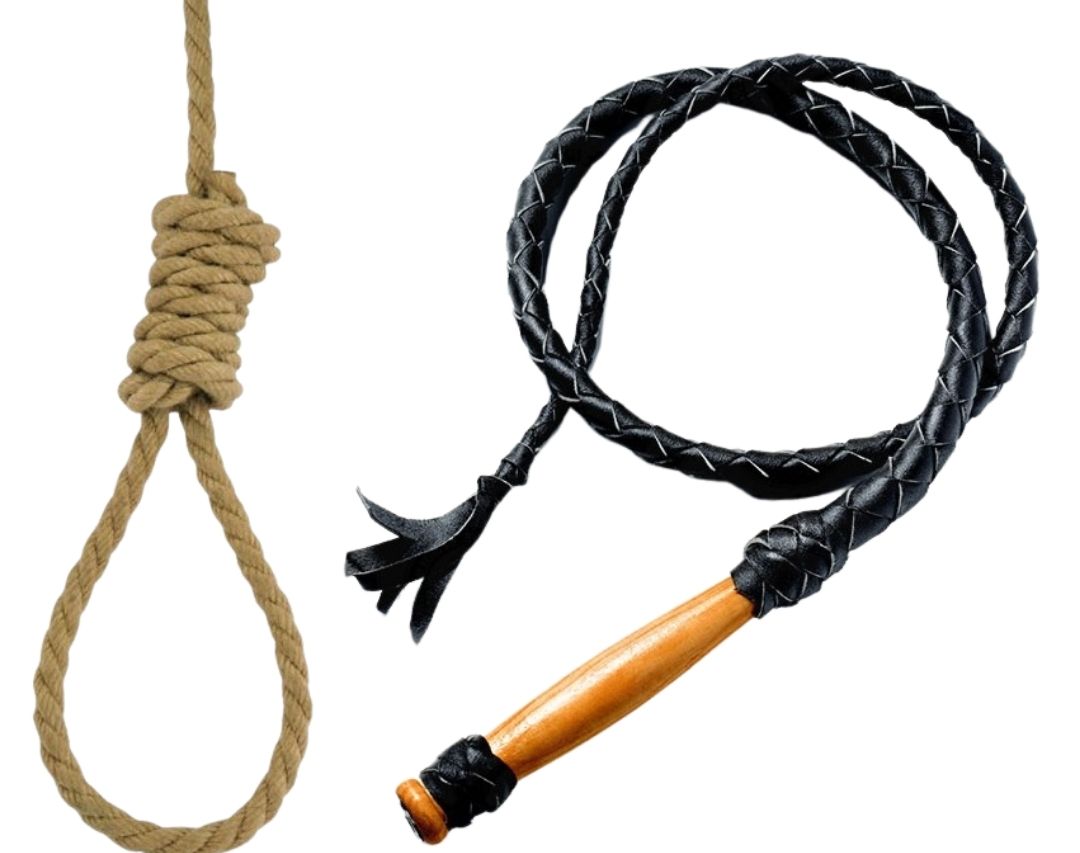On August 12, civil activist Atena Daemi went on a hunger strike in Lakan prison in Rasht in protest of repeated telephone cuts and prison mismanagement.
According to HRANA, the news agency of Human Rights Activists, it is said that the head of the prison has not been seen in the prison for about 4 weeks, and his absence has slowed down the release process of many prisoners.
According to an informed source, the frequent interruption of the prison phone raised concerns among Atena’s family members, and her parents had to travel to the Lakan Prison to visit Atena while they were infected with the coronavirus to confirm her well being.
Atena (Fatemeh) Daemi was sentenced to 14 years in prison on May 15, 2015, by Branch 28 of the Revolutionary Court of Tehran, headed by Judge Mohammad Moghiseh, on charges of conspiracy against national security, propaganda against the regime, and insulting the leadership. After the appeal and application of Article 134, 5 years of prison were enforceable to her.
In 2018, while enduring her sentence in the women’s ward of Evin Prison, she and Golrokh Ebrahimi faced a new case, they were sentenced by Branch 26 of the Revolutionary Court of Tehran to an additional 2 years and 1 month in prison after applying Article 134.
In July 2020, Branch 24 of the Revolutionary Court of Tehran, presided over by Judge Mohammad Reza Amouzad, sentenced Ms. Daemi to two years in prison and 74 lashes for a new lawsuit filed against her while imprisoned. The case was opened by the complaint of the Ministry of Intelligence and the IRGC against Ms. Daemi.
In March 2021, the Supreme Court overturned a request for a retrial of Atena’s lawyers. Atena Daemi and her family members have also faced numerous other security and judicial cases and pressures. In March 2021, Atena was transferred in handcuffs and shackles from Evin Prison to Lakan Prison in Rasht in Gilan Province.
This is not the young activist’s first hunger strike. Atena Daemi once went on a hunger strike in 2015, which led to health problems and removal of her gallbladder. Her previous hunger strike experience has increased her family’s concern.



